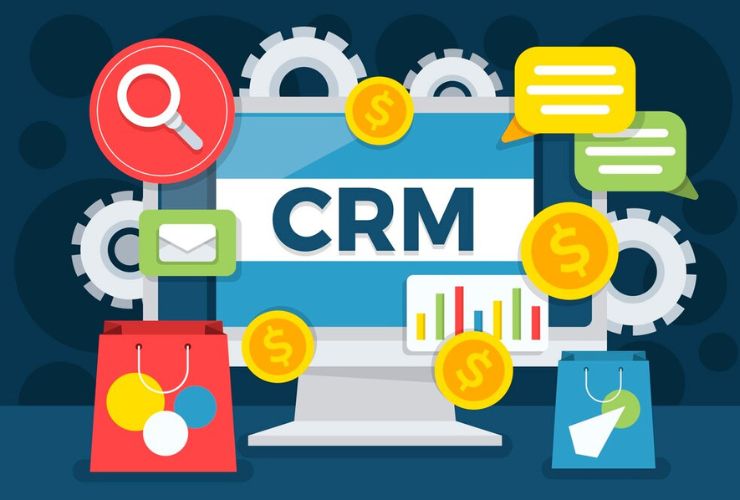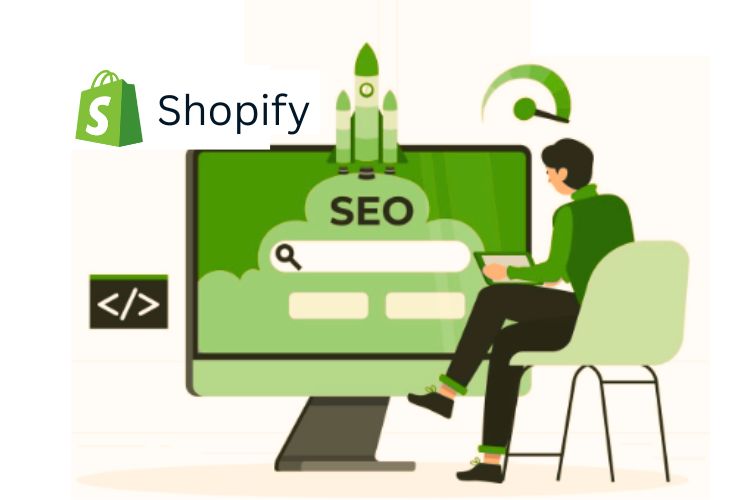Eligible Business Process Management (CRM) systems play an essential role for organizations aiming to efficiently onboard customers, manage sales processes, and track customer information. Personalized customer experiences and data-driven decisions increasingly complicate building or modifying a CRM system. Building or customizing a CRM system requires selecting technologies, frameworks, and software components that are performant, scalable, and convenient.
What technology stack you plan to leverage will directly affect the performance, flexibility, and future-readiness of the CRM whether you are building a CRM application from scratch or customizing existing CRM solutions.
1. Frontend Frameworks for CRM
The frontend of a CRM system is the face of any CRM system. It is how the user consumes interpreting data, leverages tools and conducts processes or tasks on a daily basis. Opting for the right frontend framework can assist in optimizing your user experience and modifying the CRM to create a responsive experience across a wide array of devices.
React.js: React has a component based architecture with a virtual DOM that allows developers to construct interfaces that consume and display real-time data, responsively. React also has an active ecosystem of tools, including Redux for managing global state, while having the additional benefit of an active community surrounding React. If you were developing a CRM system needing to have a large, complex interface making real-time updates, then React would be a great choice.
Angular: Angular is fully fleshed out framework that is developed and supported by Google. Angular has some more advanced concepts like Dependency Injection, two way data binding and generally thinks about overall software architecture. This fits large-scale enterprise CRMs that require a proper architectural structure while remaining maintainable and well-organized.
Vue.js: Vue is a little on the lightweight side, but it’s a hybrid of both React and Angular. Vue is both powerful and flexible and is one easiest frameworks to understand. Vue is a great fit for CRM projects that require customizations or maintaining system functionalities without adding more complexity to the existing system.
2. Backend Technologies
The back-end has all of the business logic, data processing, authentication and integrations. A scalable back-end allows your CRM to grow with your users and support more complicated workflows.
Node.js: Node.js utilizes JavaScript on the server-side and has a great event-driven, non-blocking I/O model to build real-time features into your CRM such as notification alerts and chat. It also has a huge npm ecosystem with many modules available for rapid development.
Python (Django/Flask): Python is favored as a top backend development language because of its simplicity and readability. Django is a full-featured framework, providing an admin panel, ORM and security built in, making a CRM development project seem like a simple task. Flask gives a micro framework to provide maximum flexibility to develop custom, tailored solutions.
PHP (Laravel): The Laravel framework provides PHP programming with a level of elegance not otherwise available, having an expressive syntax, easy routing, built-in authentication, and built-in task Scheduling. It is one of the best frameworks to build CRMs in due to fast development, large amounts of support, and community loyalty.
Java (Spring Boot): Java is a well-established means of developing reliable enterprise-grade CRM software that delivers the performance and security required when developing applications that can scale. Spring Boot makes it easier to use Java as it takes care of a lot of production features for you and “simplifies” how easy it is to build microservices architecture.
3. Databases
CRMs rely heavily on databases to store and retrieve vast amounts of customer information, transaction history, and user activity logs. The choice of database depends on the structure of data and scalability needs.
MySQL/PostgreSQL: These relational databases are commonly chosen because they are ACID compliant, provide high reliability, and support complex queries and transactions. They are particularly good choices for structured CRM data.
MongoDB: As a NoSQL database, MongoDB stores data in flexible JSON-like documents. It supports dynamic schemas to fit customer stored data and growing CRM requirements, such as unstructured customer interaction logs or activity streams from other integrations.
Redis: Typically used as an in-memory data store, Redis enhances the performance of the CRM by storing data for faster access and maintaining user sessions while caching frequently requested data. This data is stored in-memory, which can create a dramatic reduction in response time.
4. APIs and Integrations
A CRM is rarely a standalone system. Integrating with other business tools, such as email marketing solutions, social media, payment gateways or analytics software, promotes a more unified customer experience.
RESTful APIs: REST (Representational State Transfer APIs) are common choices because of their scalability and ease of implementation. As long as systems are relying on HTTP as the transport layer, REST APIs are a reliable choice to obtain and store data from various external services.
GraphQL: GraphQL is a query language that allows clients to request only the data they require, which can result in smaller payloads and less time retrieving redundant data. In CRMs that may hold a variety of requested data types, the parsing of this schema is a powerful feature.
5. Cloud Platforms & DevOps
A modern CRM requires a robust, reliable cloud infrastructure and DevOps processes that enable swift operational moves.
Cloud services like AWS, Google Cloud, and Azure provide scalable server resources and managed databases, along with powerful analytics and AI tools. They help CRMs reduce the number of servers they need to manage while maximizing performance as data volume and user requests grow.
Containerization (Docker & Kubernetes): Following the DevOps methodology and utilizing containerization technologies gives a once-configured, “same, same” deployment with a CRM application and all of its dependencies. Kubernetes provides “orchestration” of the containers, facilitating load distribution among containers along with coordinated scaling and recovery for highly-available enterprise CRMs.
CI/CD Pipelines: Continuous Integration (CI) and Continuous Deployment (CD) enable testing and deploying CRM application features by facilitating automated code testing, and reduced errors while allowing teams to deliver features in hours vs days or weeks. Jenkins, CircleCI, and GitHub Actions are examples of CI/CD pipeline toolsets commonly found in CRM applications.
6. CRM-Specific Tools & Frameworks
Outside of general-purpose application frameworks and tools, there exist platforms and toolsets specifically designed for CRM application development that allows rapid delivery of custom CRM applications:
SugarCRM and SuiteCRM: Open-source frameworks with capability modules for sales, marketing and customer service functionally. These frameworks come extensively packaged and highly customizable, providing a strong foundation for building a custom CRM application.
Salesforce SDK’s: Salesforce is one of the leading cloud CRM platforms in existence, and provides software development kits (SDK’s), which allows organizations/professionals to develop custom apps that extend its capabilities further into the organization’s business processes.
Conclusion
Choosing the right technologies and frameworks is a foundational step in CRM development that impacts the system’s performance, scalability, and user satisfaction. By carefully selecting frontend tools for a responsive UI, backend technologies for robust business logic, scalable databases, and integrating with cloud and DevOps practices, businesses can build powerful CRM solutions that evolve alongside their needs.
Whether leveraging open-source platforms or crafting custom-built CRMs, investing time in the right tech stack ensures your CRM remains a valuable asset, driving customer engagement and business growth well into the future.













 Database Development
Database Development












































